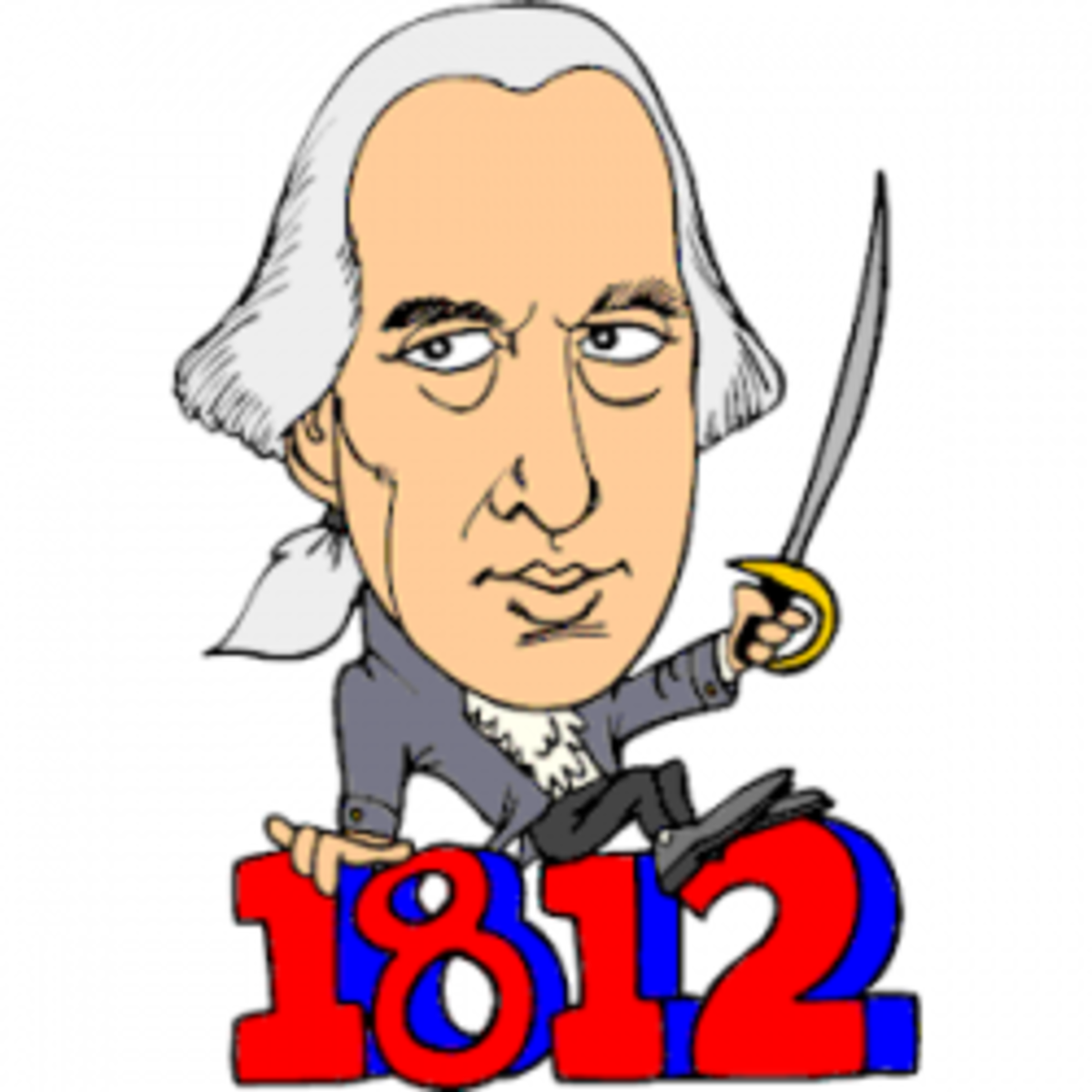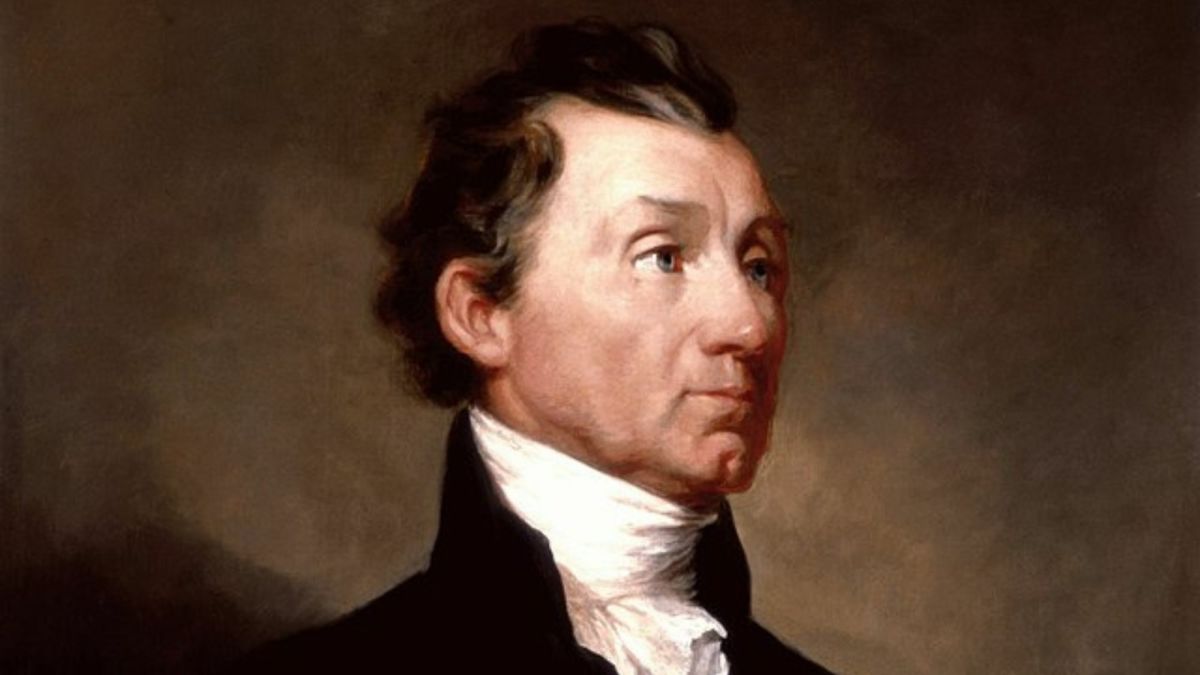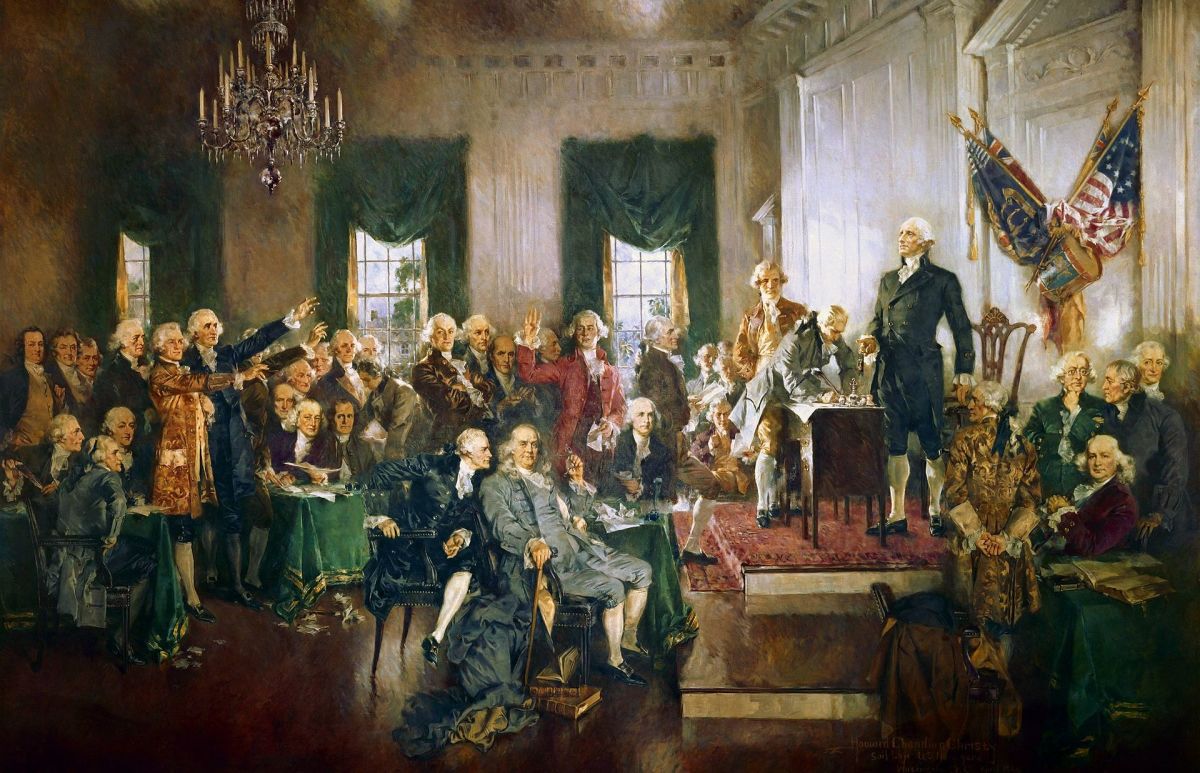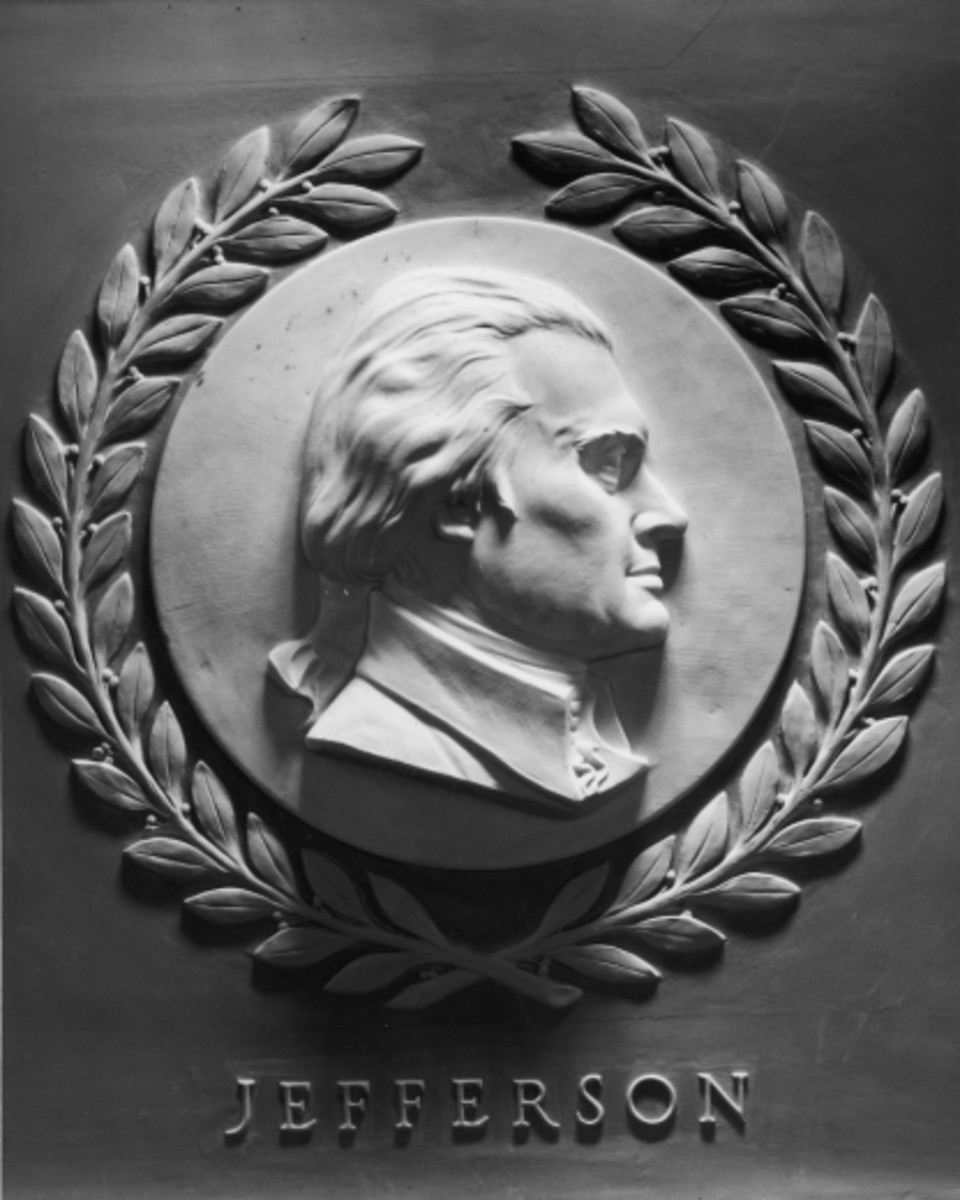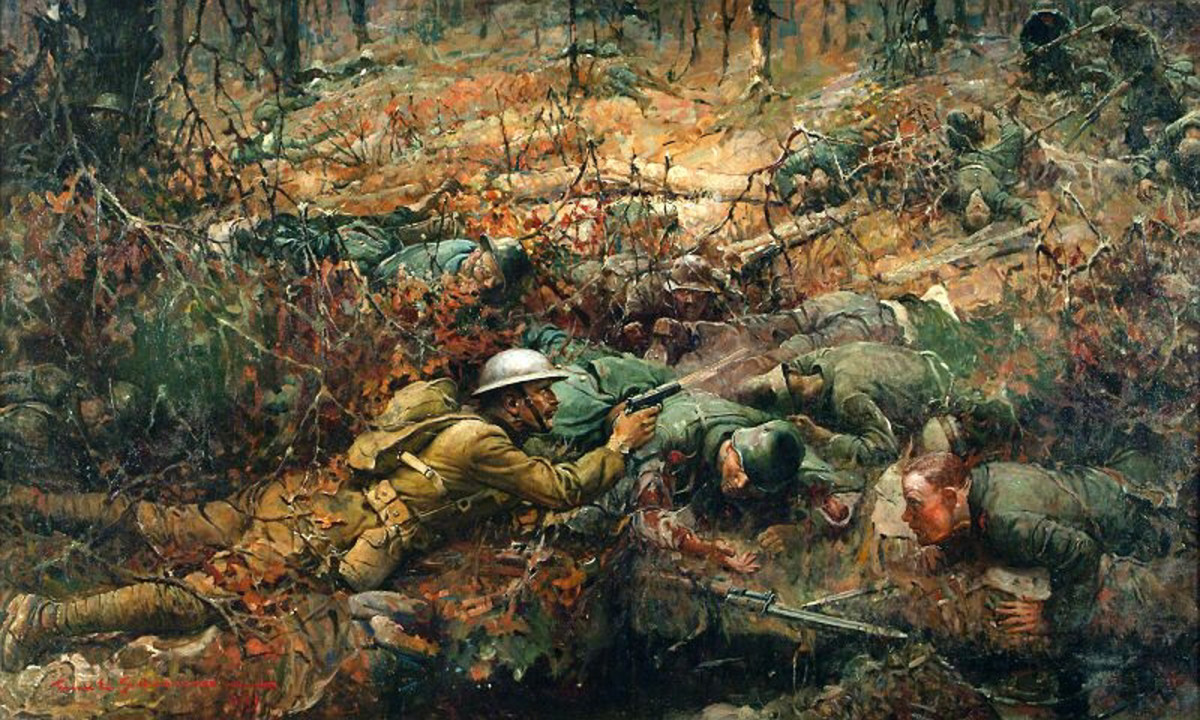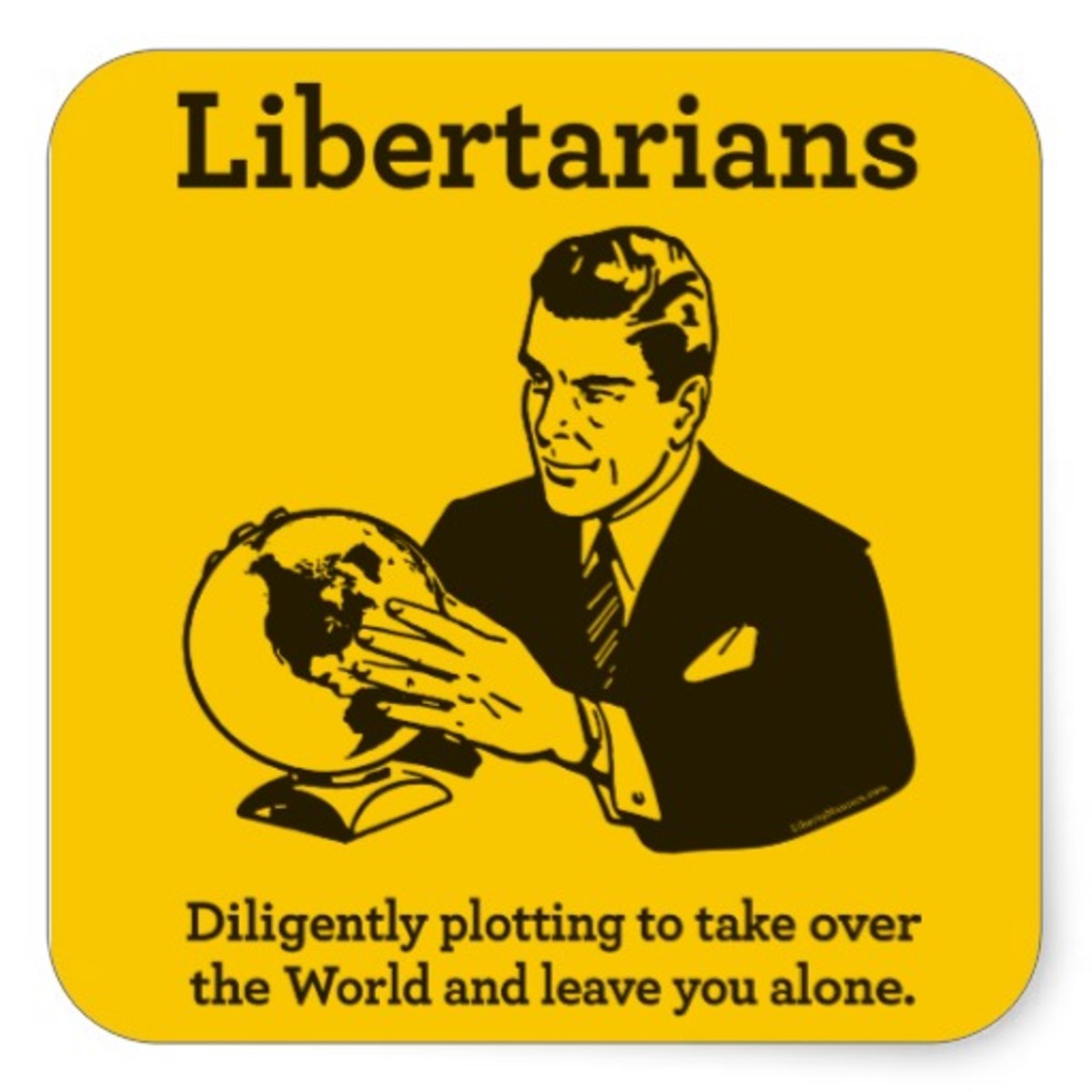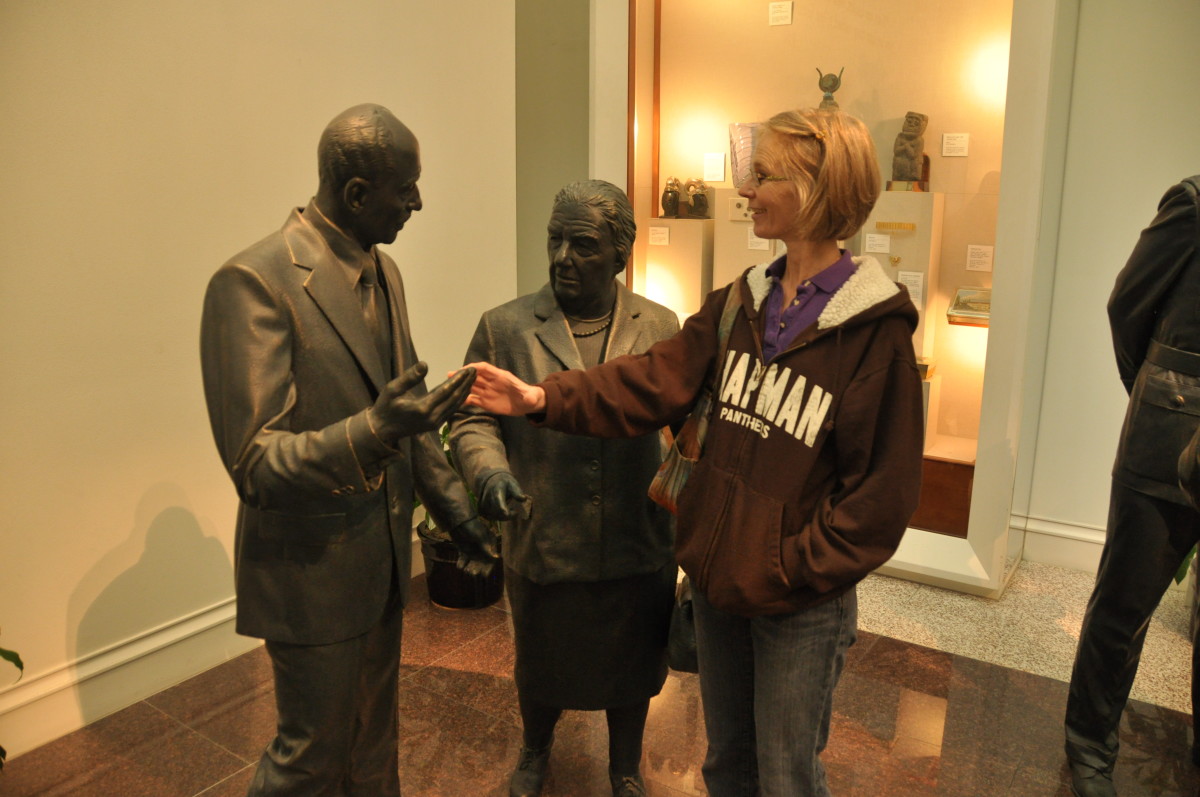James Madison: The Fourth President of the United States
James Madison (1751 - 1836)
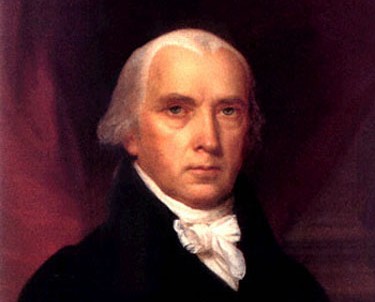
James Madison, one of the Founding Fathers and 4th President of the United States, is regarded as the "Father of the Constitution" because he was the principal author of the document. He was further considered as the "Father of the Bill of Rights" because he drafted many laws and was responsible for the Bill of Rights. In his time, James Madison was a very respected and active political theorist, politician, and political philosopher.
James Madison came from humble beginnings, born in March 1751 (1750 old style Julian Calendar) in the American colony named Virginia. His father was a planter and property owner. James Madison was the eldest of seven; three brothers and three sisters. His parents encouraged education which led James Madison into entering one of the most prestigious colleges in the America, the College of New Jersey (today known as Princeton University). He graduated in two years (1771) and became a lawyer.
In the years 1776 - 1779, James Madison served in the Virginia State Legislature, regarded as the protégé of Thomas Jefferson. He assisted in the drafting of the Virginia Statue for Religious Freedom which disestablished the Church of England and made religion separate from the state, which upon its passing as law allowed religious freedom in Virginia. James Madison was a member of the Continental Congress (1780 - 1783). He served two terms as a member of the US House of Representatives (Virginia 5th District) from 1793 through 1797, then again 1789 through 1793.
In 1801, James Madison became the 5th US Secretary of State and served this office until 1809. Then the very next day that his term ended as Secretary of State, James Madison was sworn in as the 4th President of the United States of America on March 4, 1809. He had the honor of serving 8 years (2 terms) as President. Upon leaving the President's office in 1817, he returned home to Virginia.
James Madison, even though known for being shy, was described by his peers as "more outspoken than Patrick Henry" and "hounded his colleagues relentlessly" until the Bill of Rights was ratified. Even though he was a Federalist, James Madison was sympathetic to the position taken by the Anti-Federalists about having the rights of citizens listed in the constitution, why he was determined for the good of the new United States to get the Bill of Rights passed and ratified. He felt this way both parties had a constitution for the new national government that was acceptable to both Federalists and Anti-Federalists. James Madison encouraged bipartisanship.
James Madison never desired a national government that had an active role; why he later left the Federalist Party, and with Thomas Jefferson founded the Democratic-Republican Party in 1792 (this replaced the Anti-Federalist Party). The Democratic-Republican party platform was opposed to strong national government, national debt and a national bank; in favor of states' rights and a strict adherence to the US Constitution. This party felt national debt and a national bank were unconstitutional. This party split into two groups in 1824, and one of those groups became what we know today as the Democratic Party.
James Madison was known as a determined President who took into account the good of the United States and its citizens. He was appreciated for making certain his presidential decisions were constitutional. James Madison, as President and statesman, did more than most for his country and as a framer and defender of the US Constitution he had no competition, was the greatest advocate. James Madison strongly believed that "Americans have the right and advantage of being armed - unlike the citizens of other countries whose governments are afraid to trust the people with arms." He further held that "It will be of little avail to the people that the laws are made by men of their own choice if the laws be so voluminous that they cannot be read, or so incoherent that they cannot be understood." Why he had insisted on the US Constitution and the Bill of Rights being "short" and "readable."
For more information about James Madison:
2) President James Madison, White House website
3) James Madison quotes, Liberty-Tree (From President James Madison's written works and speeches)
More about the Democratic-Republican Party:


